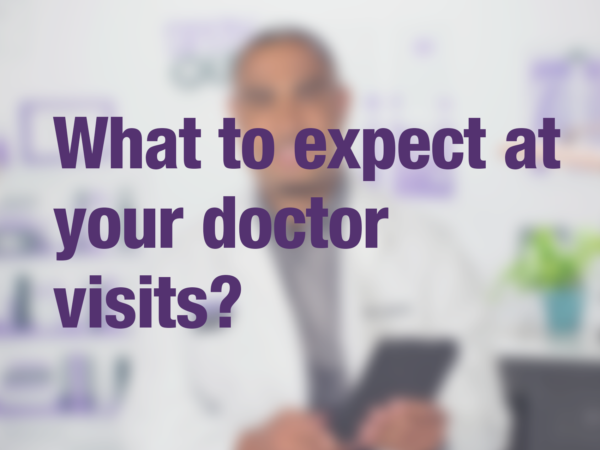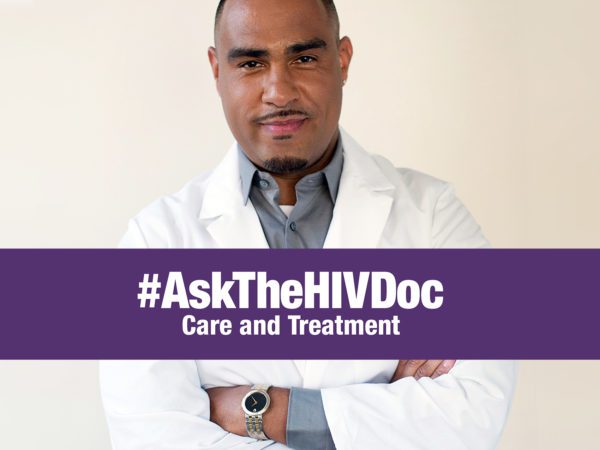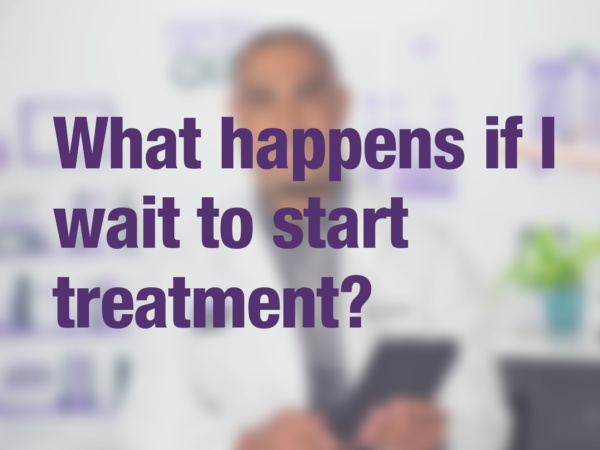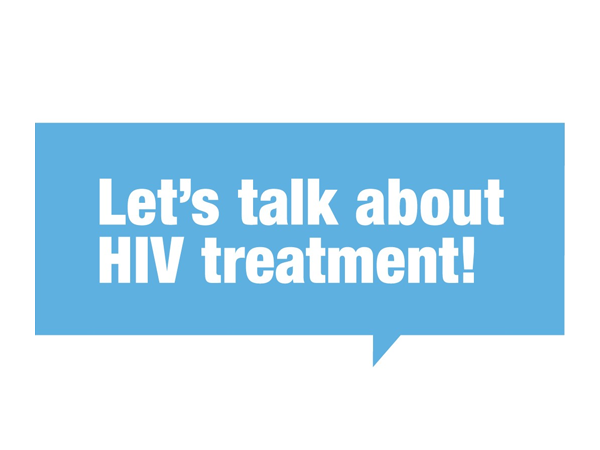One of the things I tell people, like if you test positive, tell at least one person.
None of us can go through this alone. Tell one person. And if that person wants to show up with you in the doctor’s office, if that person wants to sit out in the waiting room or if that person wants to come into the exam room and sit down with you and listen to the provider explain things, let them do that.
Because you won’t feel as intimidated by the whole process. You’ll have a familiar face there that you can lean on.
They can help make sure they remind you to take your medications when you don’t feel like taking them or when you’re feeling low, they can help you when you get depressed or anxious about your condition and kind of what’s happened.
Sometimes when we get in a situation like that and HIV is one of those serious situations, we tend to cocoon ourselves.
I’ve done this myself I’ll tend to shut people out if there’s a problem or if I feel like I need help, all of a sudden it’s somewhat easier to go and withdraw and be by yourself. But those are the times when you feel like doing that, those are the times you should actually be reaching out to people. Because not only is it your emotional health but it’s going to ultimately affect your physical health. Social support is the most important part of your HIV regimen plan.
Dr. David Malebranche, MD, MPH, a clinician-researcher specializing in HIV, gives the lowdown on all things HIV care and treatment in the latest installment of the #AskTheHIVDoc video series.



